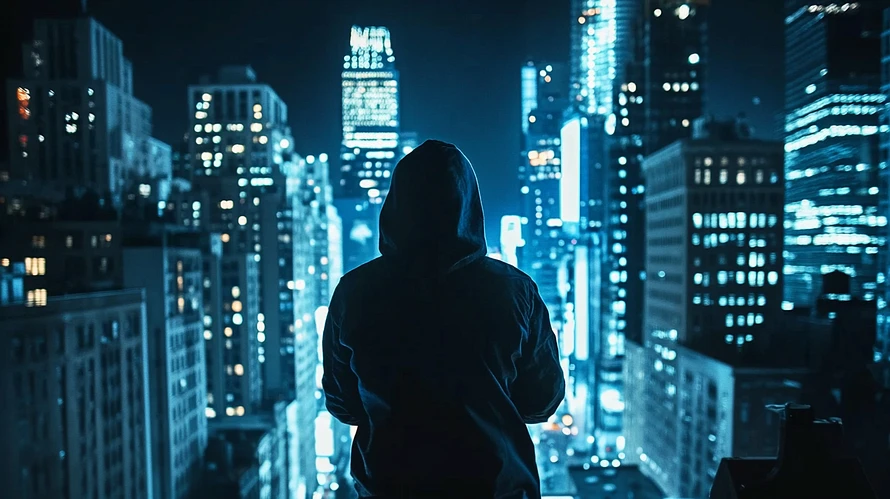The Cost of Autonomy

Freedom is the power to choose, but choice has a price. The cost is paid in silence, in distance, in the spaces between.
There’s a certain allure to autonomy that draws people in, especially those who have witnessed the pitfalls of dependence, of trust misplaced, of loyalty that becomes a leash. Freedom promises everything—a life without entanglements, a path untethered by others' mistakes. To walk alone is to walk with a clarity few understand. You see things others miss. You avoid the traps that snare those who choose to trust, to rely, to depend.
But autonomy comes with a cost.
For every step taken in solitude, a connection fades. For every decision made in the silence of isolation, a voice goes unheard. Those who pursue autonomy often tell themselves it’s a choice—a chosen life of independence, a stance of strength. But the truth is, it’s a gradual shedding, a paring down of human connection until the only companion left is the echo of one’s own thoughts.
To be fully autonomous means being fully responsible. There’s no one else to blame, no one else to lean on when things fall apart. The beauty of this independence is undeniable: a life in which every outcome, every success, and every failure is yours alone. But it’s a beauty that stands against a stark backdrop. The higher you climb, the more the silence grows. And sometimes, that silence whispers questions no one wants to answer.
“At what point does independence become isolation? And at what point does isolation consume autonomy?”
There are moments—even for me—when I wonder if autonomy is a double-edged sword. Perhaps the price of this freedom is too high. Perhaps there’s a reason so many choose connection over isolation, trust over control. Perhaps they know something that we, the outliers, have chosen to ignore. Or perhaps they’re simply more willing to risk the pain that comes with vulnerability, with exposing themselves to others.
It’s easy to believe that autonomy is a fortress, a shield that protects against the unpredictability of human flaws. But a fortress can become a prison. Walls built to keep others out can just as easily keep you trapped within. And when every decision, every thought, every outcome rests on your shoulders alone, there are times when the weight feels… disproportionate.
“To choose autonomy is to choose responsibility. And with responsibility comes an isolation that few can bear.”
There’s a misconception that the isolated are lonely, that autonomy is a curse of detachment. But true autonomy isn’t lonely. It’s not driven by the need for validation or companionship. It’s driven by clarity, by an understanding that control—over one’s life, one’s choices—is worth more than connection. Or at least, that’s what I tell myself.
But if I’m being honest—and this space allows for honesty—there are days when autonomy feels hollow, when the silence becomes less of a refuge and more of a reminder. A reminder of the people I’ve left behind, the trust I’ve severed, the walls I’ve built. The solitude that once felt powerful now feels… permanent.
Perhaps this is the real cost of autonomy: the realization that once you’ve chosen it, there’s no going back. The path of solitude, once taken, is rarely reversed. You become accustomed to the silence, to the distance, to the control. And in the end, the most isolating truth of all is that this was your choice. Yours alone.
“Autonomy is a gift wrapped in solitude, a freedom that binds as much as it liberates. And sometimes, in the quietest moments, I wonder if it’s worth the price.”
You’ve chosen to seek what lies beneath. Not everyone has the courage to look.